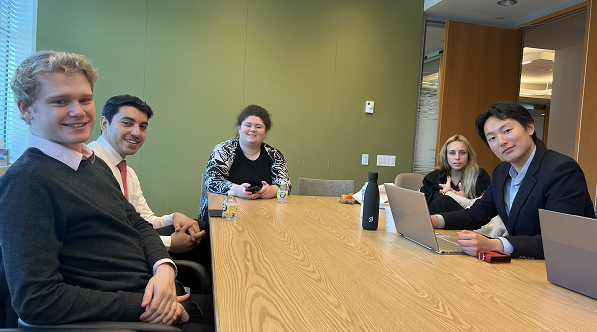
D.N.A and New and Emerging Technologies
For international peace and security, the quick development of new and developing technologies presents both opportunities and threats. Information and communications technologies have been among the most effective in transforming economies, cultures, and international relations. Digital tools have proven crucial for businesses, governments, and the online community during the COVID-19 pandemic, assisting in the protection of lives and livelihoods. The advantages are substantial, but there is danger involved. Cyberattacks, the exploitation of personal data, and the dissemination of misinformation are a few of the risks associated with digital technologies.
The harmful use of ICTs by State and non-State actors is another major issue facing the global ICT landscape. The creators of this technology have a great deal of influence over how artificial intelligence (AI) may affect society as it advances and becomes more versatile. Young people who are knowledgeable about these topics will be crucial contributors given the growing influence of new and emerging technologies on peace and security.
The Secretary-General of the United Nations emphasizes the need to foster an environment of accountability and adherence to standards, guidelines, and principles for responsible behavior in cyberspace in his Agenda for Disarmament. He also calls for more action to support responsible innovation by a range of stakeholders.
Exploring connections between D.N.A. and new and emerging technologies with young leaders in this context engage the upcoming generation about how to encourage and contribute to the creation of an open, secure, accessible, and peaceful ICT environment, while mapping out ways to contribute to security and stability in cyberspace, and empower young persons to raise awareness of the implications of cutting-edge technology in their local communities.
